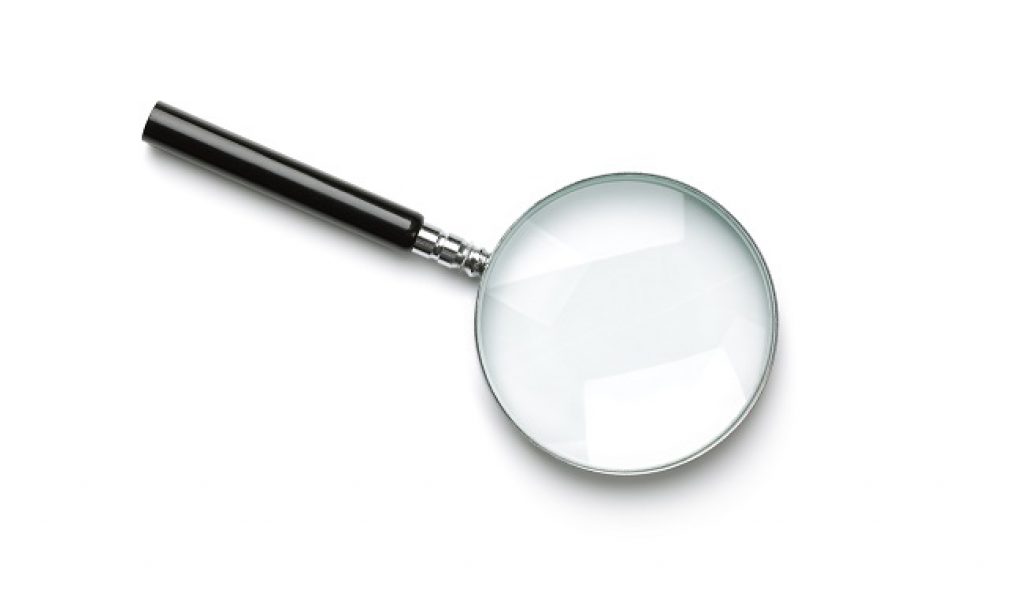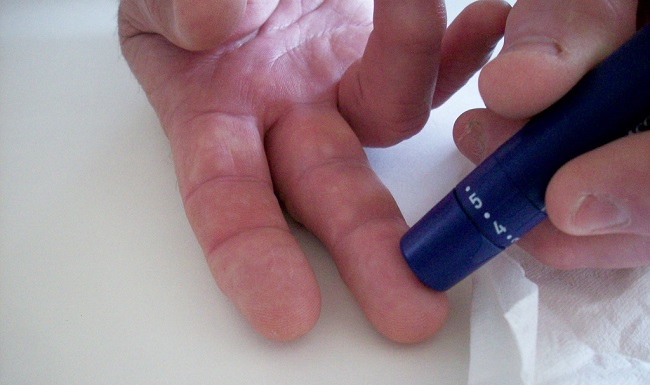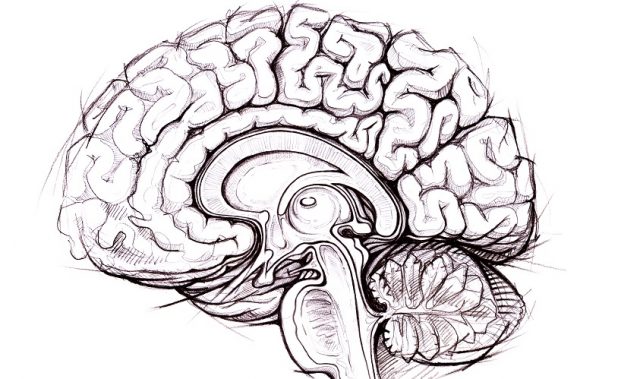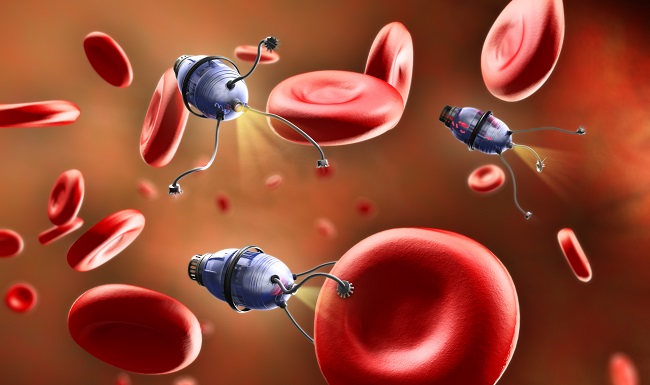
#6 CLINICAL DIAGNOSTICS
Biomarkers are biological readouts that are used to inform doctors about how patients are responding to treatments or the progression of diseases such as cancer. Analyzing patient samples is often a timeconsuming process that requires skilled technicians and large, wellequipped clinical laboratories.
Using nanotechnology, researchers have miniaturized and automated assays that can be used to detect nucleic acids or proteins specific to diseases or infectious agents, drastically reducing the time to diagnosis.













